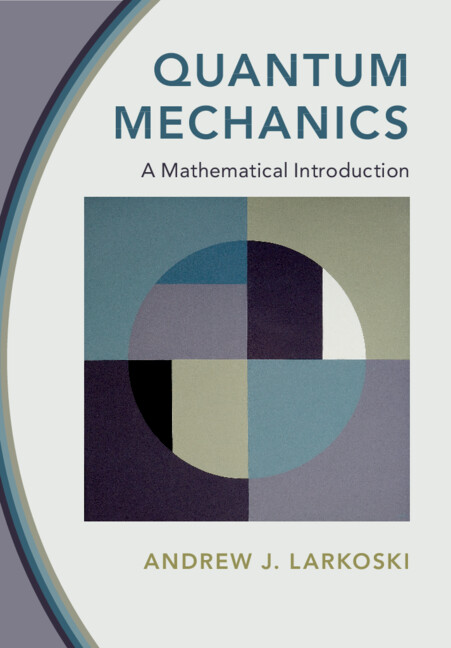Contextuality in Random Variables
The mathematical essence of contextuality lies in the similarity of random variables answering the same question in different contexts: contextuality means they are less similar when considered within their respective contexts than when isolated from them. This book presents a principled way of measuring this similarity and distinguishing two forms of context-dependence: contextuality and disturbance. While applicable across a broad range of disciplines, the concept of contextuality in this book is closest to that in quantum physics, where its special forms –� in the absence of disturbance –� are known as Bell non-locality and Kochen–�Specker contextuality. This systematic introduction requires no prior familiarity with the subject and only minimal mathematical background. Structured as a textbook, complete with exercises and solutions, it is accessible to a broad readership and suitable for teaching. It will be useful to researchers and students in quantum mechanics, philosophy of science, psychology, computer science, linguistics, and probability theory.
- Introduces the theory of contextuality step by step, with rigorous proofs, extensive explanations, and exercises with solutions
- Presents the theory in abstract mathematical terms, mentioning but not confining the presentation to its applications in specific domains, thus making the book accessible to readers from a broad range of disciplines
- The first systematic presentation of the mathematical foundations of contextuality
Product details
February 2026Hardback
9781009671927
485 pages
244 × 170 mm
0.5kg
Not yet published - available from February 2026
Table of Contents
- 1. Preliminaries
- 2. Context-dependence and contextuality
- 3. Random variables
- 4. Systems and their couplings
- 5. Contextuality I: basic properties
- 6. Contextuality II: dichotomizations and criteria of contextuality
- 7. Cyclic systems
- 8. Consistently connected and consistified systems
- 9. Hidden variable models
- 10. Measures of the degree of contextuality
- 11. Noncontextuality polytopes for cyclic systems
- Index.






